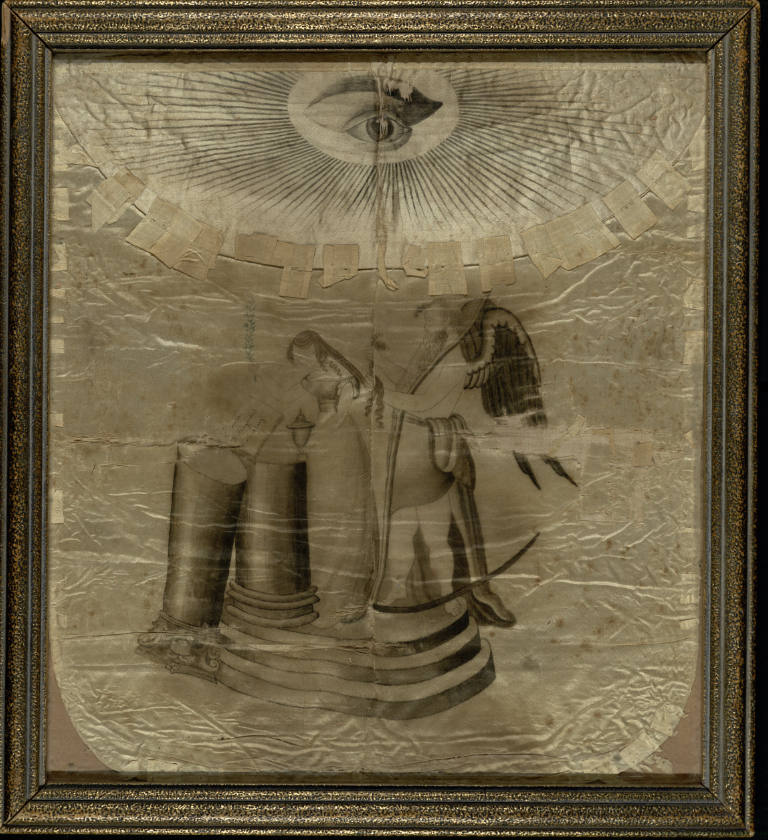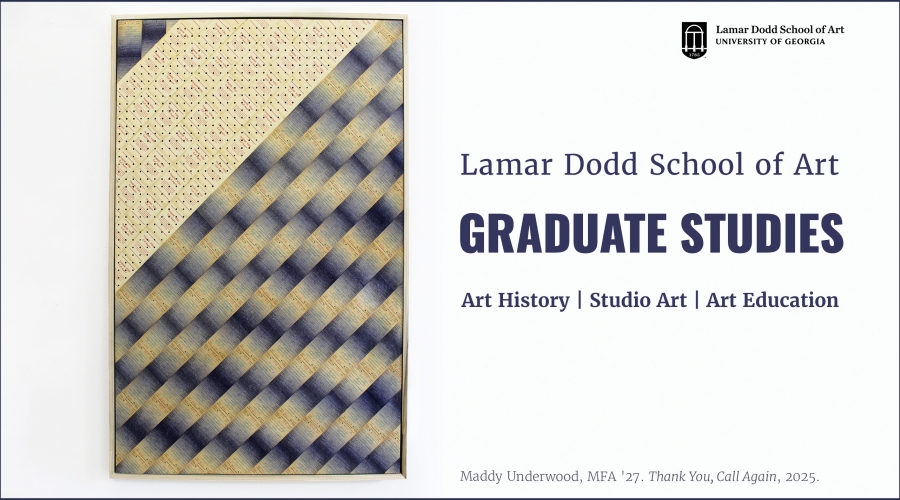Professor Luxenberg Creates New Course for SCL Fellows Program Cohort

Professor of Art History Alisa Luxenberg has been selected by UGA Special Collections Libraries and the Center for Teaching and Learning as one of eight faculty participants in the 2018-2019 Special Collections Libraries (SCL) Fellows Program.
The SCL Fellowship Program allows full-time faculty at UGA to explore archives-based learning as an intensive learning practice. The Fellows will participate in a series of workshops and seminars in the spring semester to develop archives-centered courses. They will work with archivists in the University’s special collections libraries: Hargrett Rare Book and Manuscript Library, the Richard B. Russell Library for Political Research and Studies, and the Walter J. Brown Media Archives & Peabody Awards Collection. The formal instructional phase of the program will culminate in an intensive institute in May when the Fellows will present their archives-centered course plans and session designs for feedback from their cohort peers and the program instructional team.
The goal of the Fellowship is to integrate effective archives-based learning to enhance student engagement and performance across all higher education disciplines. The program provides scholars with a strong foundation in archival and library principles that support integration of relevant special collections materials into their coursework. It also provides opportunities for sharing ideas with other teachers from various disciplines. Professor Luxenberg is part of an innovative instructional environment that honors dedicated teaching scholars and promotes a learning community spirit at UGA.
Professor Luxenberg’s new course will explore the historical role and visual traces of Freemasonry in the state of Georgia, in the city of Athens, and at the University of Georgia. The collections of the Hargrett Library offer masonic articles ranging from an apron to certificates of membership, lodge minutes and school announcements, to printed books conveying masonic as well as poems and songs to be sung at lodge meetings. Recent scholarship has convincingly documented the formative role that Freemasons played in the political, social, and economic development of the fledgling United States; this is equally true of the colony, and then state of Georgia. Freemasons were also involved in the formation and evolution of the University of Georgia, the first public land-grant university in the new republic.
One of the intriguing and complicating factors in the study of Freemasonry is that it is a secret society, one in which its members pledge to live a moral, fraternal, and charitable existence, but also maintain discretion about their brethren and the activities within the lodge. Nevertheless, their presence was (and still is) communicated through their complex, somewhat eclectic symbolism, and, in the U.S., through public manifestations like cornerstone-laying ceremonies, parades, and gravesite eulogies. An important component of this course will be the assessment of masonic visual forms and symbols. Students will learn the origins and associations of visual forms that have been adopted by Freemasonry, and the methods and types of evidence that can be deployed to ascertain where masonic meaning exists.
Visit https://bit.ly/1RsGdmX for more information about the program.
This archive centered course will be offered in Spring of 2020.





